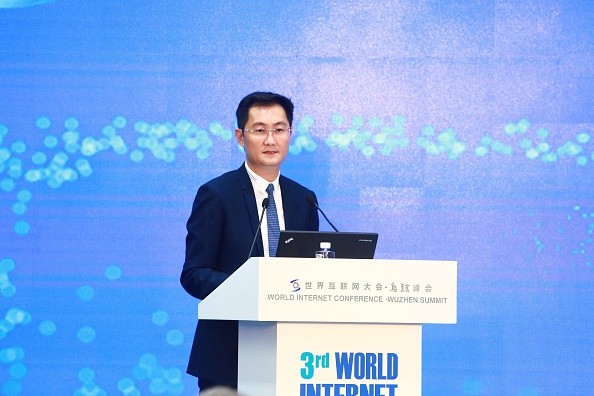Even with tight filtering, China is still having a problem regarding bogus news by technology companies that dominate news distribution. This includes an online information stream where nothing is considered to be authoritative.
There is no country that compares to China when it comes to an efficient and sophisticated filtering system for online news. Internet companies would even cull news and user posts that favor the Communist Party’s official version of an event.
WeChat, China’s biggest social networking app owned by Tencent Holdings, was reported to have disabled over 1.2 million links and deleted over 200,0000 articles that contain “rumors.”
They have also been reported to fine 100,000 accounts that either created or spread the rumors.
WeChat was also said to have processed 1.1 million complaints about “illegal and harmful information,” according to a report from the Cyber Administration of China’s website. This information ranges from pornography to fraud to political information.
While political information conflicting with the party line is being filtered quickly, fake news still remains on China’s Internet. According to an analysis of WeChat articles conducted by Big Data and Communication Lab, many bogus reports consist of serious matters, and many users seem willing to believe them.
Misinformation became common in China since President Xi Jinping cracked down professional media outlets that were known for investigative and critical reporting. He did this because many Chinese are suspicious of the propaganda of the Communist Party.
Amid these changes, bloggers who use social media continued to be popular. These bloggers use WeChat to share links from other websites, and discuss in group chats and one-on-one chats.
WeChat runs on a platform called “public accounts” wherein users can open their own accounts and earn money. Since these accounts are intended to earn money, published articles under them will be treated to generate the most clicks by users regardless of the accuracy of the content.
Zhan Jiang, a journalism professor at Beijing Foreign Studies University, said: “While there’s tons of information on WeChat, it won’t be able to replace professional media. But because the flood of fake news dilutes traditional media’s standing as a trusted source of information, it hurts everybody.”


